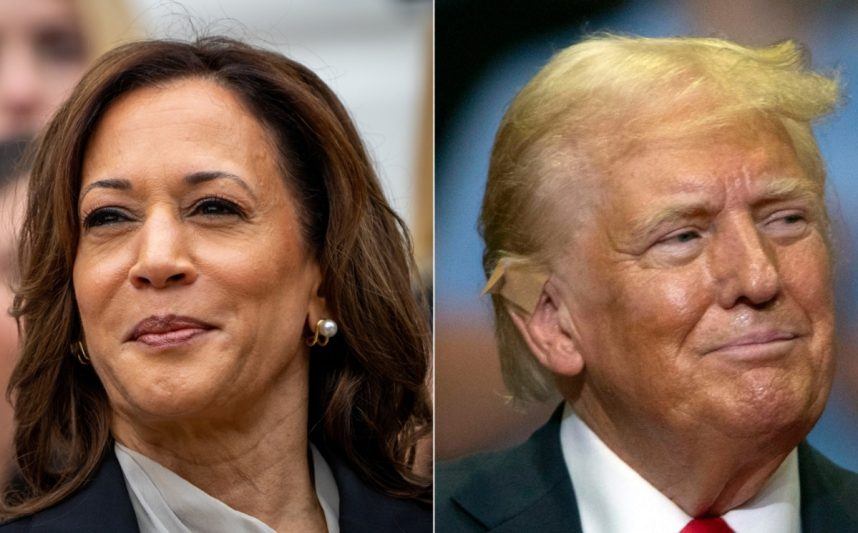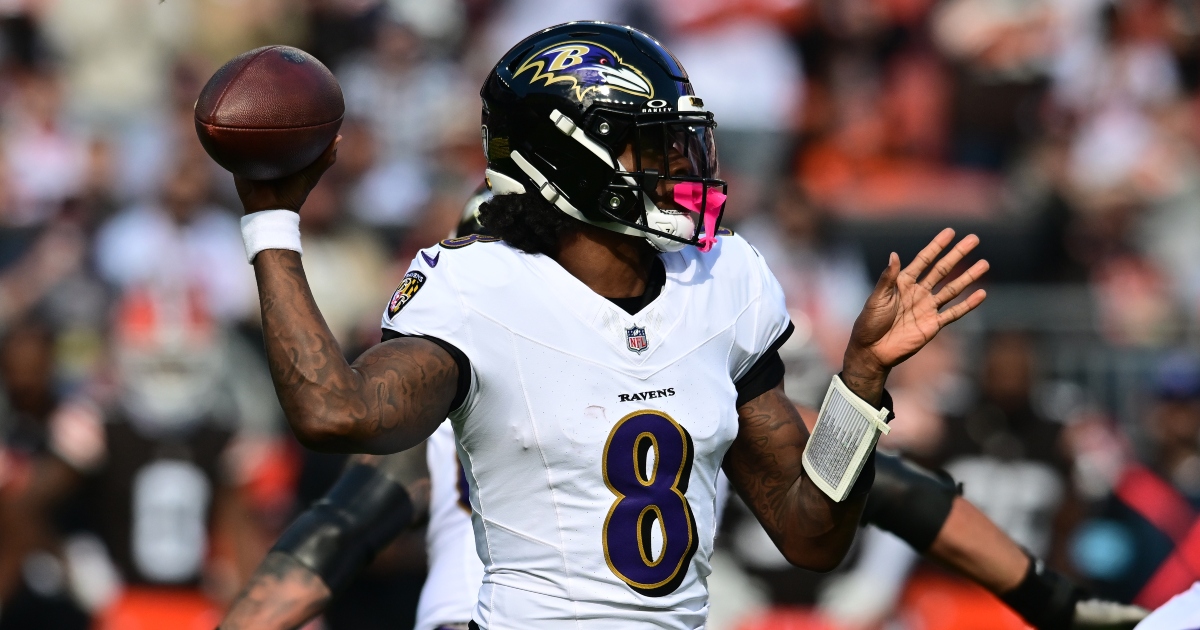

Posted on: September 27, 2024, 10:19h.
Last updated on: September 27, 2024, 10:21h.
The 2024 United States presidential election has garnered more than $1 billion in bets, as the legal saga about whether political wagering should be permitted, and which government agency should govern such gambling, continues to play out in federal court.

Polymarket is an online prediction betting platform that allows users to place bets on various outcomes from politics to pop culture. The platform utilizes decentralized cryptocurrencies.
In 2022, the U.S. Commodity Futures Trading Commission (CFTC) fined Polymarket $1.4 million for not registering as a Swap Execution Facility and complemented the penalty with a cease-and-desist letter. As a result, U.S. players are barred from making deposits on the platform.
Outside the U.S., Polymarket has emerged as the leading online platform for election betting.
$1B in Bets
Polymarket’s 2024 market on whether Vice President Kamala Harris or former President Donald Trump will win the White House on Nov. 5 recently eclipsed a major milestone. The decentralized peer-to-peer political wagering exchange moved past $1 billion in bets made on the 2024 election outcome.
As of Sept. 27, Harris maintains a slight lead, with her shares trading at implied odds of 51% to Trump at 49%. Despite heavy trading, the odds have remained relatively stable over the past 30 days.
Smarkets, a similar online wagering exchange that also does not accept U.S. players, has Harris a bigger favorite at 52% to Trump at 48%. However, the Smarkets 2024 election market has garnered less than $10 million in bets.
PredictIt, a peer-to-peer political betting exchange that does allow U.S. bettors, has Harris’ stock at 56% to Trump at 48%. PredictIt continues to operate in the U.S. in a gray area after the CFTC in 2022 announced its intentions to withdraw its “No-Action Relief” letter it granted the online political betting site in 2014.
The 2014 letter assured PredictIt it would not face legal consequences of operating in the U.S. so long as the amount each customer could bet was limited to $850 per contract and that insights on the action be made publicly available.
Federal Ruling Looms
The federal appeals court in Washington, D.C., is expected to soon issue its opinion on whether Kalshi, yet another predictive betting market, can conduct election contracts. Earlier this month, a federal judge said Kalshi can offer events based on election outcomes.
U.S. District Judge Jia Cobb ruled that the CFTC exceeded its authority in ordering Kalshi to cease operating political markets. The CFTC appealed the Cobb ruling and a three-judge appellate panel subsequently heard oral arguments from each side.
The three judges will soon deliver their decision as to whether Kalshi can restore its 2024 election markets.
U.K. Rules Lighter
While political betting remains a contentious legal issue in the U.S., gamblers in the United Kingdom and throughout Europe have long fancied putting down a little money on elections.
At William Hill, a prominent high street bookmaker, Harris remains the betting front-runner at 4/5 (-125). Trump is at even money (+100). A winning $100 bet on those odds respectively nets $80 and $100.







